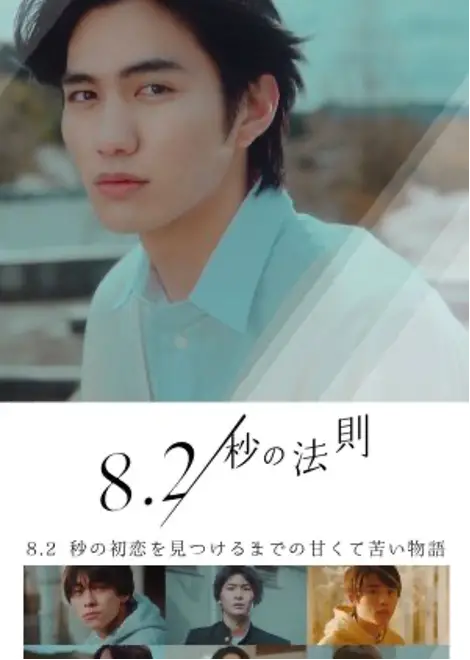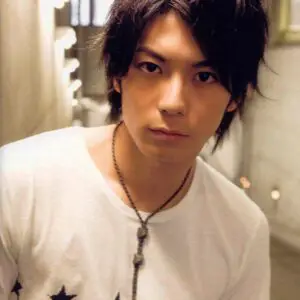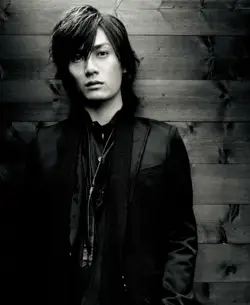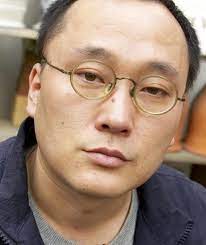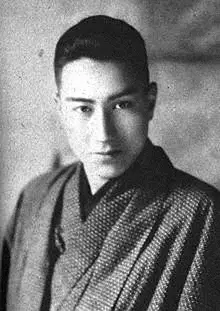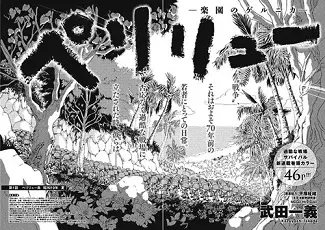
Drama Digest
Mashiro Ao lives with her kids in housing built following the Great East Japan Earthquake in Ishinomaki City, Miyagi Prefecture. She seems to have recovered and is living a happy life. But she is still looking for her husband, Takaomi, who has been missing since the tsunami struck Ishinomaki City. Both Takaomi’s and her mother-in-law’s Asako’s bookstore and their home get destroyed during the time. Ao could not return to that plot of land since it designated a disaster area. It’s been nearly ten years since then. Ao resolves to refurbish an empty property in town and rebuild Takaomi’s favourite bookstore using the start-up funds. She had steadily built up and the books she had purchased anew. Through her younger sister-in-law Haruka, Ao meets Hayama Eiki. Eiki is a socially uncomfortable architect who relocated to Miyagi Prefecture to find a place to be himself. Ao and Eiki struggle to comprehend each other because they are opposites in personality and have different backgrounds. However, as they work together to set up the bookstore, they begin to sense mutual affection. Even though things appear to be going well between Ao and Eiki, neither can move forward because Takaomi is still absent.
The Feel-Good Part
It was a drama that represented grey feelings with a pleasant look, rather than the dualistic of knowing or not knowing, with or without breaks. The script that scooped up the inseparable elements of human beings was compassionate. The story had taken the freshness, and the plotline nicely ordered it. I felt that it would be acceptable to organize it so precisely.
The Disappointing Factor
The sole flaw in the story is a slight “plot twist” near the end. In my opinion, it was unneeded, didn’t add anything, and introduced to ensure the protagonist said a particular statement. I thought the acting seemed a little forced at points. Typically, it is the product of either poor direction or unskilled acting; in this case, I believe it is the former rather than the latter. The landscape is breathtaking! I don’t understand why they didn’t show more town views; it perfectly fits the plot.
In-Depth Analysis
I believe it’s one of the few dramas about the aspect that didn’t make me want to shed tears while viewing, Even though the protagonist’s difficulties featured discreetly and compassionately. The story correctly transmits the problems of Tohoku inhabitants years after the disaster without being overly graphic about it. It is a huge positive—emphasizing the tragedy is much simpler, but letting the audience comprehend and feel the loss without doing so is much more difficult.
Star Power
Ikematsu Sosuke plays an ordinary person, or rather, the drama appears exceptional. Still, the skill of playing a familiar person leads me to believe that I witnessed something worthwhile. It’s a drama, but the pairing with Ayase Haruka, who has created numerous masterpieces in domestic dramas, is equally noteworthy. Kora Kengo is the husband who does not return. Kora Kengo is a good fit for the character of a deceased lover or an influential individual who shines brightly among others.
Overall Opinion
The drama’s impressions are that the storyline is distinctly average and appears to be a little melancholy. It has to be a landmark piece of work. However, it would be not easy to express in total the appearances that went into creating this drama. The contents depict a family and the people around them with care. It’s a warm and comfortable drama.

